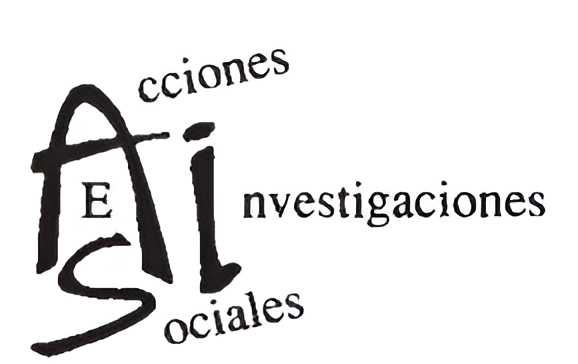The influence of law in Final Degree Projects in Social Work at the University of Salamanca
DOI:
https://doi.org/10.26754/ojs_ais/ais.2019404197Keywords:
final degree project, law, social workAbstract
Throughout the past few years, Final Degree Projects, or FDP (known as Trabajos de Fin de Grado or TFG in Spanish), have emerged as an important source of information and research within the academic field pertaining to Social Work. In this paper, the influence of Law is analysed, along with the methodological strategies used by undergraduates studying for a degree in Social Work at the University of Salamanca between 2012 and 2018. A total of 781 papers were analysed altogether. As our main con- clusions, we can highlight the hegemony of the quantitative approach, the prevalence of contextualised issues within the framework of Law, and the field of General Public Law as a recurring theme.
Downloads
References
Trabajos Fin de Grado en Trabajo Social depositados en la Secretaría de la Facultad de Ciencias Sociales de la Universidad de Salamanca.
Normativa específica del Trabajo de Fin de Grado en el Grado de Trabajo Social de la Universidad de Salamanca (aprobada en la Junta de la Facultad de Ciencias Sociales en sesión de 1 de junio de 2017)
Published
How to Cite
Issue
Section
License
Copyright (c) 2020 María Saavedra Gutiérrez

This work is licensed under a Creative Commons Attribution-NonCommercial 4.0 International License.
Authors publishing in this journal agree to the following terms:
- Authors retain copyright and grant the journal the right to be the first publication of the work as well as licensed under a Creative Commons Attribution-NonCommercial 4.0 license that allows others to share the work with an acknowledgement of authorship and initial publication in this journal.
- Authors may separately establish additional agreements for the non-exclusive distribution of the version of the work published in the journal (e.g., placing it in an institutional repository or publishing it in a book), with an acknowledgement of its initial publication in this journal.
- Authors are allowed and encouraged to disseminate their papers electronically (e.g., in institutional repositories or on their own website) before and during the submission process, as it can lead to productive exchanges, as well as earlier and higher citation of published papers (see The Effect of Open Access).









